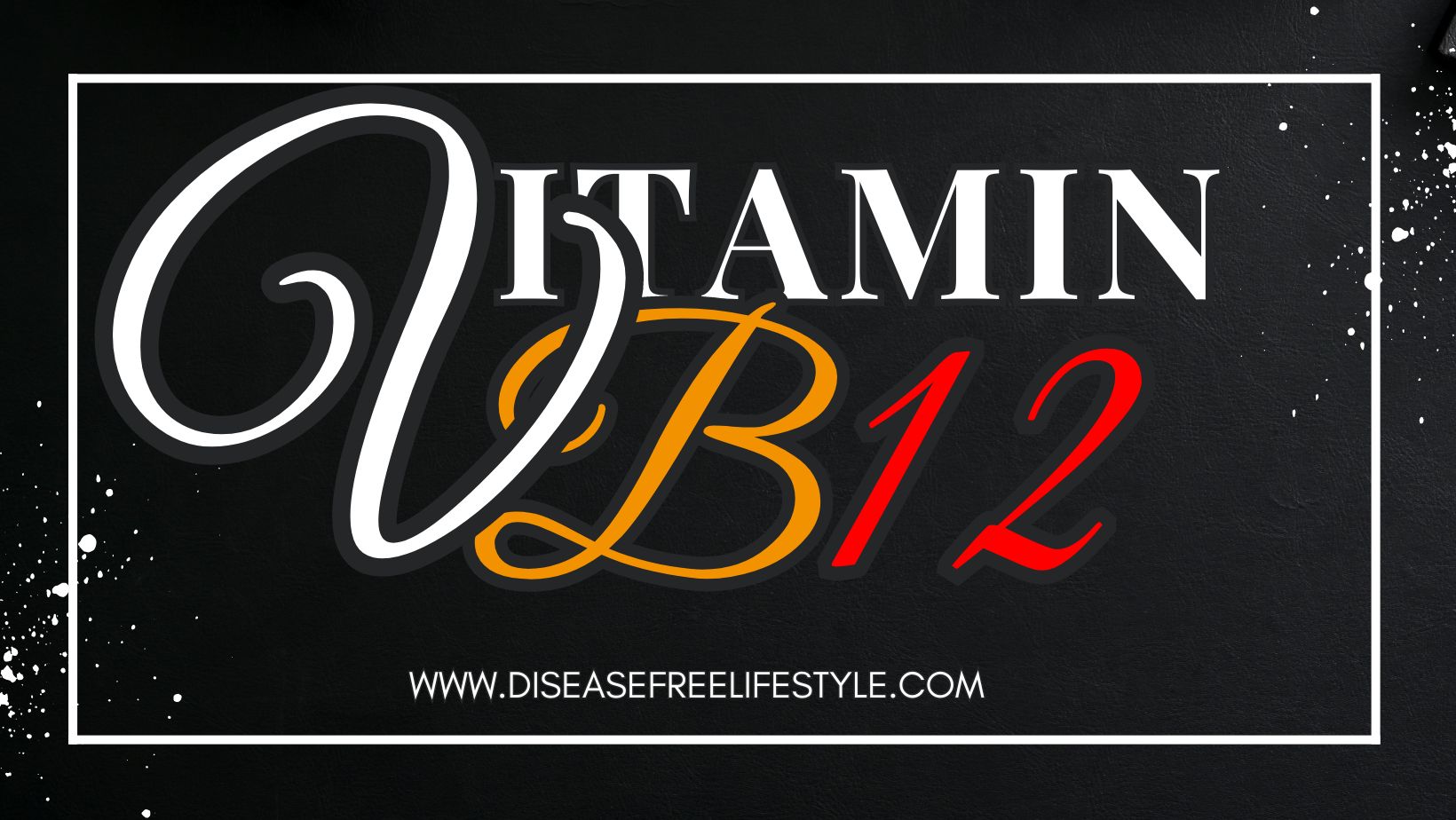Brain Health depends on Diet, Glucose, and Lifestyle Choices and It impacts mental well-being and aging. As we age, it’s crucial to keep our brains healthy and improve their function, rather than letting them deteriorate. This article focuses on understanding the relationship between our brain health and the choices we make regarding our body, food, and habits. My goal is to help you thrive, feel your best, and live the life you desire. In this discussion, we’ll cover various aspects of brain health, including brain fog, personality shifts, mood swings, mental health, and even long-term risks like Alzheimer’s disease.
This topic is deeply personal for me. I suffered from mental health issues throughout my early twenties, experiencing depression, anxiety, dissociation, and panic attacks. During that time, I realized how little I knew about my brain and its functioning. While the brain remains a complex organ, new research continues to unravel some of its mysteries, and one significant discovery is the impact of our diet on brain health.
Mental Health and Glucose
Mental health has always been a major focus for me. Over the years, I’ve learned that the way we eat can have a profound impact on how we feel and think. In my own journey, I discovered that frequent glucose spikes were contributing to my mental health struggles. Stabilizing my glucose levels was a turning point that helped me begin the process of healing. Scientific studies suggest that high glucose levels can worsen symptoms of anxiety, depression, and other mental health challenges. This is largely due to the inflammation and insulin resistance caused by glucose spikes, which affect the entire body—including the brain.
Brain Fog and Diet
Brain fog is a term used to describe feelings of confusion, memory issues, and a lack of mental clarity. It can feel as though your brain is wrapped in cotton, leaving you unable to fully engage in tasks or remember details. Research has shown a connection between glucose levels and brain fog. One study found that consuming a breakfast that causes a glucose spike can impair memory and cognitive function, while eating a meal that maintains stable glucose levels has the opposite effect—leading to better brain performance. In other research, scientists found that frequent glucose spikes slow down communication between neurons, leading to symptoms similar to brain fog.
Glucose, Mood, and Irritability
Mood swings and irritability are also influenced by glucose levels. One interesting study found that married couples who experienced frequent drops in blood sugar were more likely to report aggressive behavior towards their spouse. This highlights how glucose fluctuations can directly impact our relationships and overall well-being. Stabilizing glucose levels not only helps improve mood but also reduces irritability, making it easier to maintain healthy and positive relationships.
The Link Between Glucose Spikes and Alzheimer’s Disease
Alzheimer’s disease, often called “type 3 diabetes” by some researchers, is increasingly being linked to glucose metabolism. Studies have shown that high glucose levels at midlife increase the risk of developing Alzheimer’s later in life. Alzheimer’s is also associated with insulin resistance, which is common in people with type 2 diabetes. The connection suggests that managing glucose levels might be key to reducing the risk of cognitive decline as we age.
Practical Glucose Hacks for Better Brain Health
Here are four of my favorite glucose hacks that can help improve your brain health:
Savory Breakfast: Avoid sugary breakfasts that lead to glucose spikes. Instead, opt for a savory breakfast that keeps glucose levels steady, which helps improve cognitive function and avoid brain fog.
Vegetable Starter: Start lunch or dinner with a plate of green vegetables. The fiber in vegetables helps slow down glucose absorption, preventing spikes.
Avoid Sugar on an Empty Stomach: If you want to indulge in sweets, have them after a meal instead of on an empty stomach. Eating sugar on an empty stomach causes a quick spike in glucose, whereas eating it after a meal helps slow down absorption, minimizing the spike.
Move After Eating: After meals, engage in light physical activity, such as walking, cleaning, or even just doing simple exercises like calf raises for 10 minutes. This helps muscles absorb glucose, reducing post-meal spikes and promoting brain health.
Conclusion
Taking care of your glucose levels is a crucial step in maintaining brain health. By being conscious of what you eat and making small lifestyle changes, you can improve how you feel today and protect your brain for the future. The relationship between glucose and mental health is still being explored, but it’s clear that stabilizing glucose levels can help set a solid foundation for better mental well-being and long-term brain health.
Whether you’re looking to reduce brain fog, manage mood swings, or protect against cognitive decline, these simple hacks can be a good starting point. By adopting these habits, you’re not only ensuring your brain remains healthy, but you’re also empowering yourself to thrive at any stage of life.










